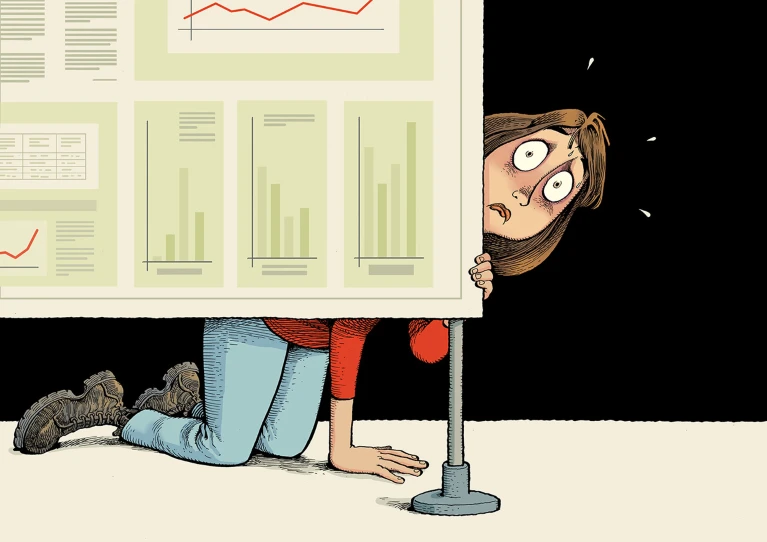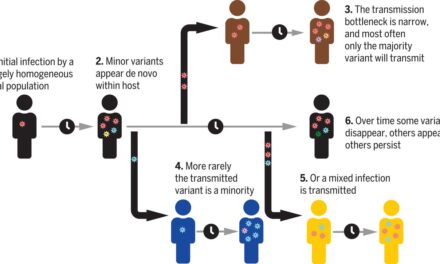In an environment where the goal of peer reviews is to uphold medical standards and patient care, an alarming trend has emerged: the misuse of peer review processes to target physicians for unrelated, often personal or political, reasons. This practice, known as a “sham peer review,” diverts from its intended purpose, raising serious concerns for healthcare professionals across the United States.
Unlike a legitimate peer review, which investigates cases of suspected malpractice or professional misconduct based on reported issues, sham peer reviews are often initiated to settle personal scores or to marginalize a physician. These reviews can stem from competition, institutional politics, or even as a tool of control within healthcare organizations, targeting physicians for nonmedical or irrelevant reasons.
In a forthcoming Medscape Medical News report, over half of U.S. physicians expressed apprehension about the misuse of peer review to unfairly punish colleagues. According to Andy Schlafly, General Counsel for the Association of American Physicians and Surgeons (AAPS), the prevalence of sham peer reviews is disturbingly widespread. “Many hospital administrations are as dangerous to good physicians as street gangs can be in a crime-ridden neighborhood,” Schlafly emphasized, urging physicians to be vigilant about such practices within their institutions.
A particular risk exists for those in large healthcare systems. These settings, according to Dr. Lawrence Huntoon, MD, PhD, who has overseen the AAPS’s sham peer review hotline for over two decades, can place physicians under immense pressure. “Hospitals often prefer a model where every physician on staff is an employee,” Huntoon noted. “This allows them complete control, from daily patient quotas to how each doctor practices, sometimes pushing doctors to see upwards of 50 patients per day.”
The process of a sham peer review is subtle yet damaging. A single complaint, even as subjective as a doctor’s tone or facial expression, can set off a cascade of formal investigations. Once reported, a peer review committee gathers to discuss the matter, leading to a hearing where the accused doctor may present evidence and testify, though the outcome is frequently predetermined, lawyers warn.
Laurie L. York, a medical law attorney in Texas, advises that early recognition is key. “At first, a sham review may appear to be a standard peer review,” York explained. “Physicians may think they’re addressing a simple misunderstanding, only to realize later that they’re facing an orchestrated attack. The window to intervene closes quickly, so obtaining experienced legal representation as early as possible is crucial.”
Navigating a Sham Peer Review: What to Do
For those targeted, experts recommend several proactive steps:
- Stay Alert and Informed
Physicians should understand the bylaws and regulations within their hospital regarding peer review procedures to recognize potential red flags early. Dr. Huntoon advises physicians to educate themselves on sham peer review tactics and remain vigilant. - Avoid Resigning Prematurely
Despite the intense pressure, resigning from a position during a sham review can have significant consequences. “Resignation triggers an adverse report to the National Practitioner Data Bank [NPDB],” Schlafly explained. This databank was established to flag physicians with histories of malpractice, but a sham review resignation can lead to a permanent, damaging entry, making future employment challenging. - Seek Specialized Legal Support Immediately
Experienced legal representation is essential. General malpractice or employment attorneys may lack the expertise to handle the unique complexities of sham peer reviews. Knowledgeable lawyers can contest unfair reviews and may even obtain injunctions to mitigate long-term damage. - Consult the AAPS
The AAPS provides free consultations for physicians facing sham peer reviews. Early actions, such as requesting a corrective action withdrawal or obtaining a preliminary injunction, can prevent escalation.
The consequences of a sham peer review extend beyond immediate reputational harm. Dr. Huntoon points out that once a physician’s record is tainted, it’s incredibly challenging to rebuild trust within the medical community or find new employment. For some, establishing an independent practice becomes a daunting option as insurers scrutinize NPDB reports.
A Call for Change
Sham peer reviews represent a concerning deviation from the foundational purpose of medical peer reviews. They pose a real threat to physicians’ careers and, ultimately, to the quality of patient care. As awareness grows, advocates like Schlafly and Huntoon stress the need for structural safeguards within hospitals to prevent abuse of the peer review process.
In the face of such risks, physicians must stay proactive, informed, and prepared to protect themselves. “A sham peer review can end a career in the blink of an eye,” Huntoon warned. “Shield yourself from it and be prepared should it happen.”












